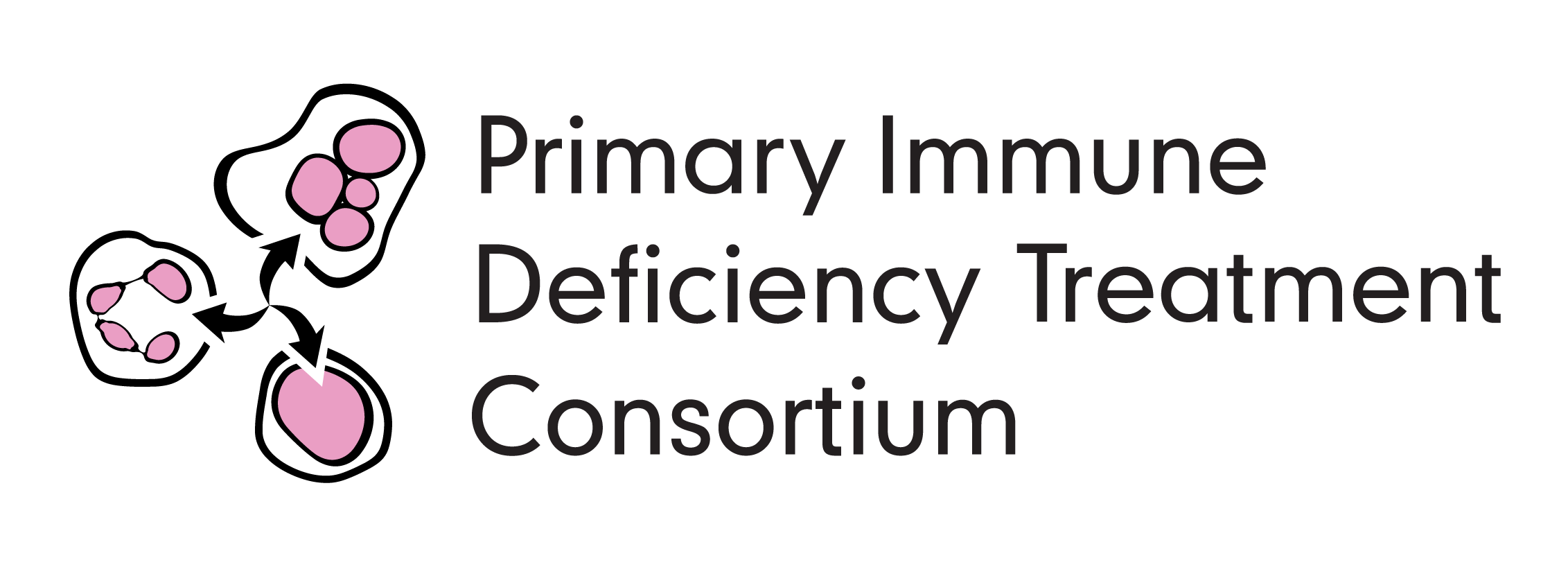6901: A Prospective Natural History Study of Diagnosis, Treatment and Outcomes of Children with SCID Disorders
Background
Severe combined immune deficiency (SCID) is a condition in which patients fail to develop a normal complement of T cells as well as functional B cells. Left untreated, these missing critical components of the immune system lead to an increased frequency and severity of infections with a high risk of death early in life. SCID is caused by mutations in a gene responsible for T cell development; there are over twenty known genetic subtypes of SCID. SCID is now commonly diagnosed in the first month of life, often in an asymptomatic state, through newborn screening of heel-stick dried blood spots. SCID may be treated by allogeneic hematopoietic cell transplantation (HCT), experimental autologous gene therapy (GT), or (in the case of SCID due to mutations in the ADA gene) enzyme-replacement therapy as a bridge therapy before HCT or GT.
About this Study
Individuals with a recent / new diagnosis of severe combined immune deficiency (including infants who were identified by newborn screening) may be eligible to be enrolled on the PIDTC research study 6901. Speak to your doctor to determine if you / your child may be eligible. Protocol 6901 follows patients with SCID prospectively, meaning the 6901 study enrolls participants where there is a plan to receive a blood and marrow transplant, enzyme therapy, or gene therapy in the future. Patients are then followed according to a schedule set out by the study protocol after the procedure. The times the study requests follow up will be the same as when your doctor would want to be seeing you / your child as part of their regular ongoing medical care. Patients with “leaky SCID”, reticular dysgenesis, and Omenn syndrome may also be eligible to participate in 6901. The 6901 research study does NOT dictate how your / your child’s doctors should treat you / your child, as the PIDTC recognizes that there are many complex factors that go into this decision. The decision about how you / your child with SCID will be treated is made by your doctor. The 6901 study simply follows how you / your child do over time. There are no experimental therapies on this study.
6901 has been open since August 2010 and continues to be open and enrolling patients to the present day. The study plans to enroll approximately 250 patients with SCID. By studying new patients undergoing treatment for SCID, the goal is to learn more about: (1) outcomes from the treatment of SCID in the modern era of medicine (2) what factors lead to the best long-term outcomes, such as best donor, conditioning regimen, timing of transplant, etc. (3) what impact newborn screening and the early diagnosis of SCID has had on the long-term outcomes following BMT or gene therapy. A significant amount of information is also being gathered on how and when the immune system recovers after BMT, quality of life for long-term survivors, and about whether children develop normally after treatment.
6901 is the largest coordinated prospective study of patients with SCID ever performed. Information that we will learn, both now and in the future, will help doctors and other health professionals to better treat children with SCID. All hospitals within the PIDTC are enrolling patients with SCID on 6901, ensuring that the outcomes are reflective of what happens in the “real world” as opposed to at just one or two large centers.
Targeted Enrollment
To be eligible to participate, you / your child must:
- Be an individual with all of the following:
- Have a diagnosis of SCID, including:
- Typical SCID
- Leaky SCID
- Omenn syndrome
- Reticular Dysgenesis
- Have not yet begun treatment with BMT, ERT, or GT.
- Have a diagnosis of SCID, including:
You are not eligible to participate if:
- A participant should not be in the study if they have not had a standard clinical evaluation to rule out other potential causes of low T cell numbers, or if any of the following are present:
- HIV Infection
- DiGeorge syndrome
- Combined Immunodeficiency Disorders
- MHC Class I or II Deficiencies.

